Your comprehensive resource hub for evidence-based help, support, and treatment options. You’re not alone-recovery is possible.
of U.S. adults live with co-occurring mental health and substance use disorders in a given year
American adults affected by dual diagnosis in the past year
of people with a substance use disorder experience a mental health condition during life
of adults with co-occurring disorders receive neither addiction treatment nor mental health care
Dual diagnosis treatment at The Lakes Treatment Center uses an integrated plan for substance use and mental health conditions such as depression, anxiety, PTSD, trauma related disorders, or bipolar disorder. The same treatment team addresses addiction and mental health together instead of in separate programs. Therapists, medical providers, and support staff coordinate therapy, medication management, and recovery services in one roadmap. The plan aligns with your symptoms, history, and goals. This approach aims to reduce symptoms, stabilize mood, and improve daily functioning while you learn how substance use and mental health triggers interact. By addressing both sides at the same time, you build stronger coping skills and a more stable foundation for long term recovery. If you or a loved one needs dual diagnosis treatment, contact The Lakes Treatment Center to learn how this program supports your next step toward healing.
Dual diagnosis reflects complex changes in brain and behavior, not weakness or lack of willpower.
Integrated care addresses mental health symptoms and substance use together, leading to better long term recovery outcomes.
Millions of people live with co occurring disorders, and many find relief through specialized dual diagnosis treatment programs.
Substance abuse and addiction often occur alongside a range of mental illnesses and behavioral conditions, including but not limited to:
Persistent fear, worry, and physical tension addressed alongside substance use treatment.
Shifts between depressive lows and manic highs stabilized during addiction recovery.
Longstanding patterns in thinking and relating treated together with substance misuse.
Attention, focus, and impulse control challenges managed while addressing addictive behaviors.
Persistent sadness, loss of interest, and low energy treated alongside substance dependence.
Trauma memories, hypervigilance, and avoidance treated alongside substance use recovery.
Hallucinations, delusions, and disorganized thinking managed with coordinated addiction care.
Disordered eating, body image distress, and substance use addressed together.
Mood changes after childbirth treated alongside substance use and anxiety.
Dual diagnosis may be appropriate for anyone suffering from a diagnosed or undiagnosed mental illness or behavioral health disorder and substance misuse, abuse, or addiction.
Some of the signs that dual diagnosis treatment may be needed include:
Withdrawal From Family, Friends, and the Community
Neglecting Health and/or Personal Hygiene
Misusing or Abusing Prescription Medications
Difficulty Managing Everyday Tasks or Responsibilities
Inability to Maintain Employment
Frequent Problems in Relationships with others
Comprehensive resource so you never need to visit another site
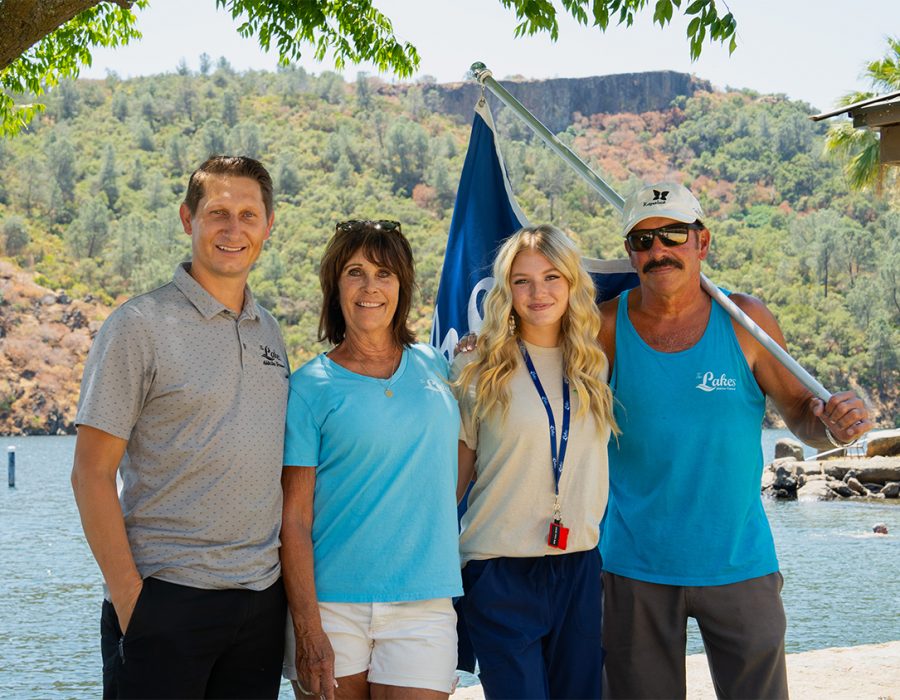
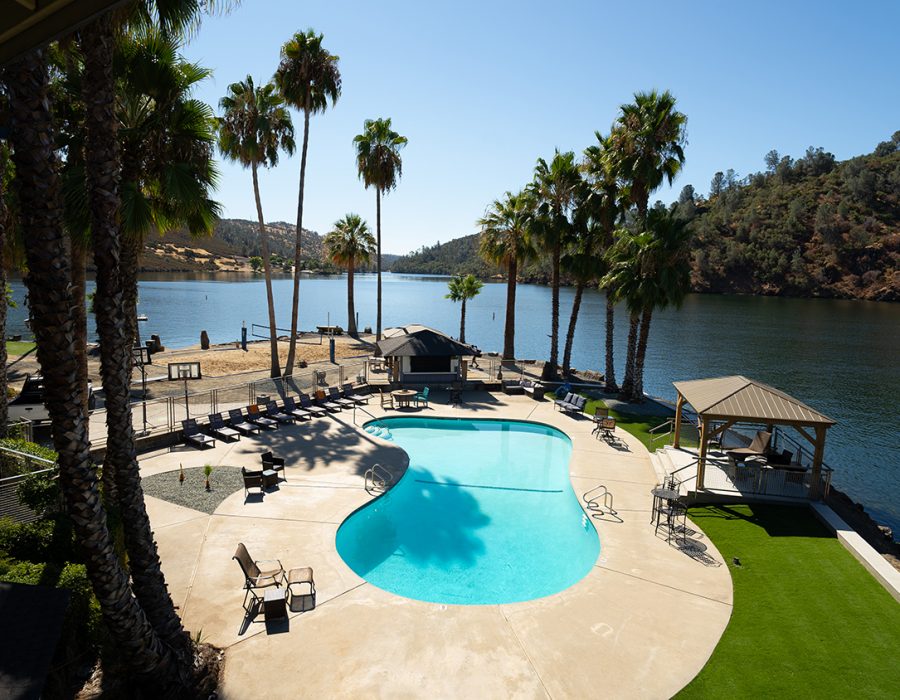
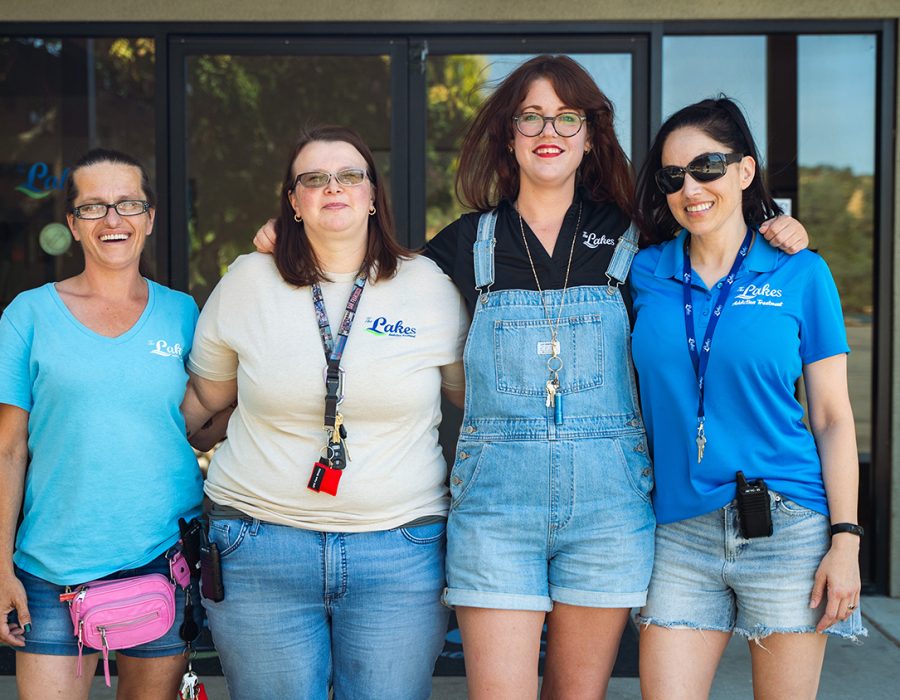
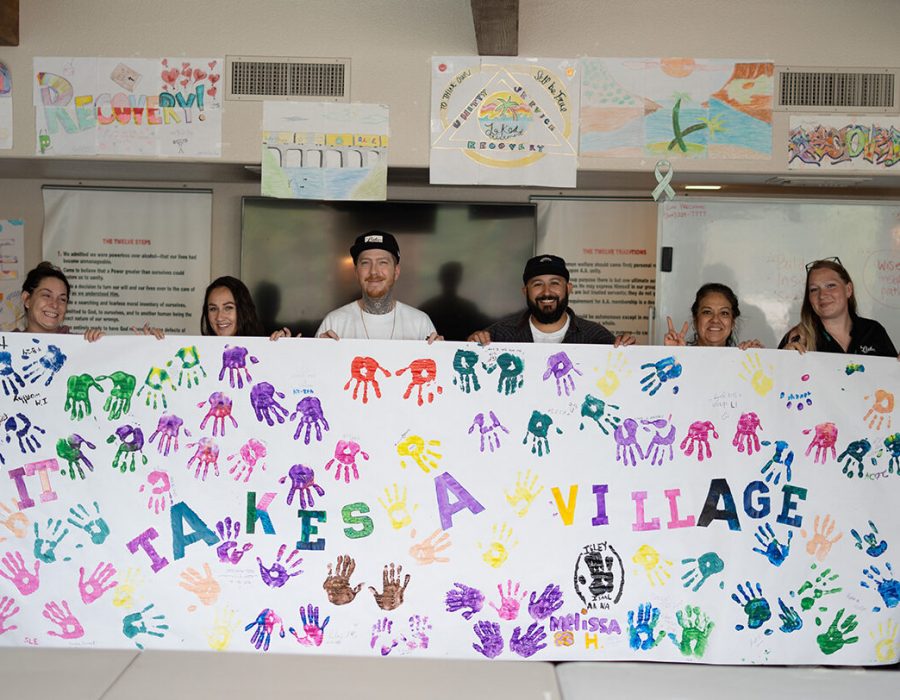
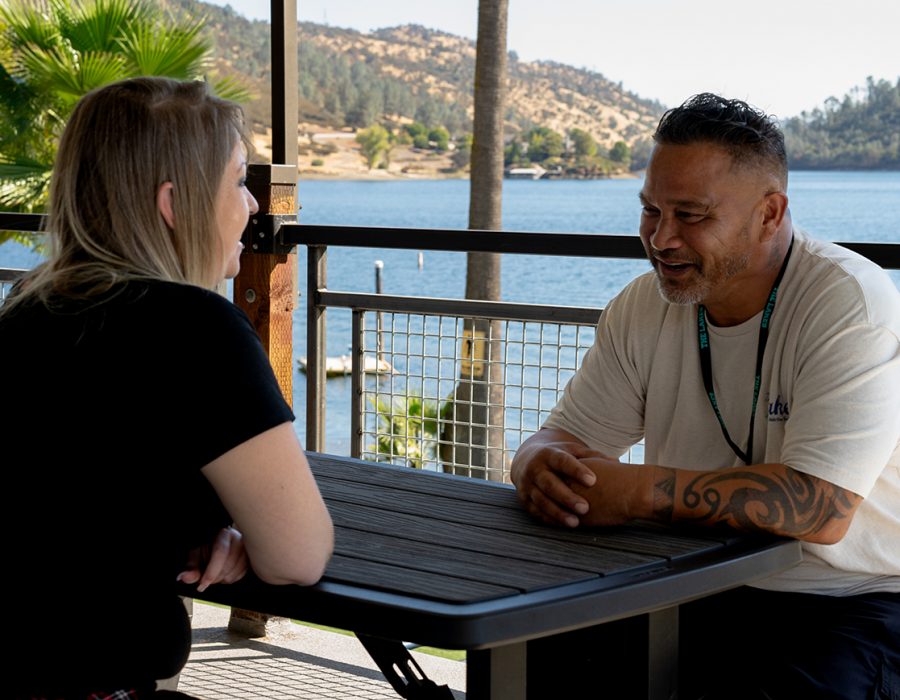


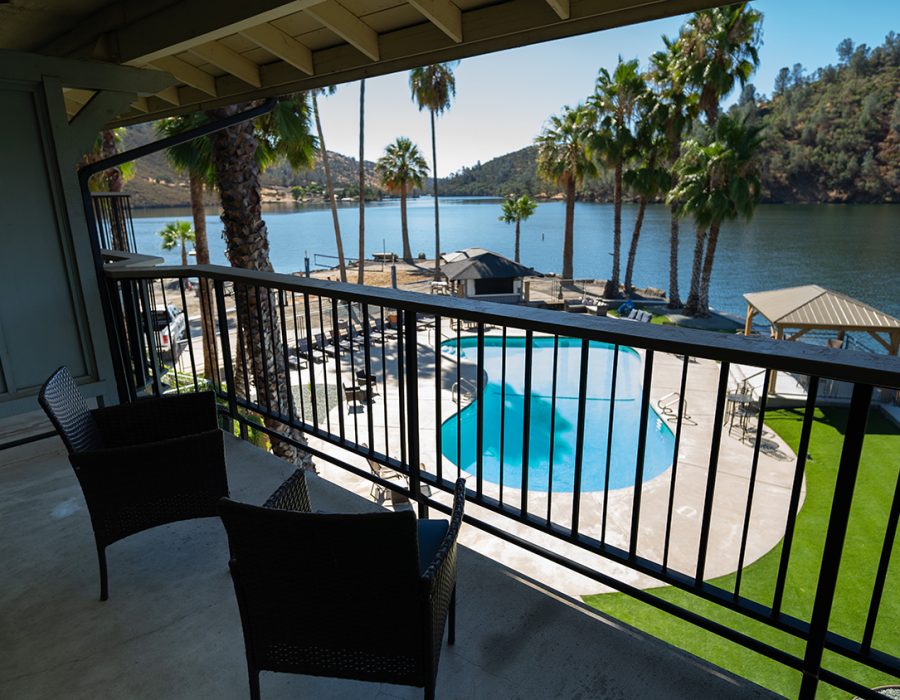
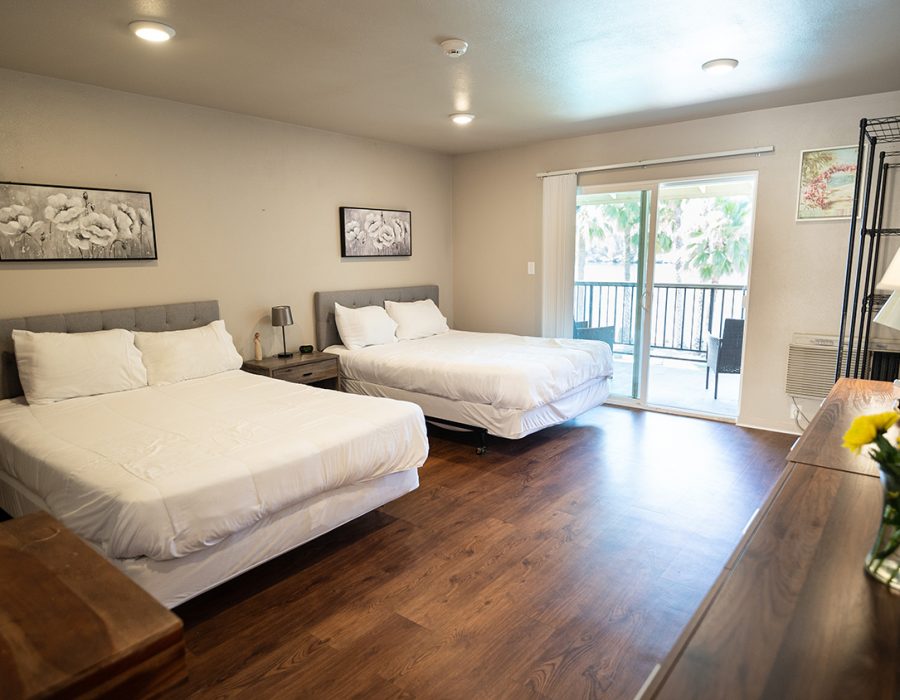
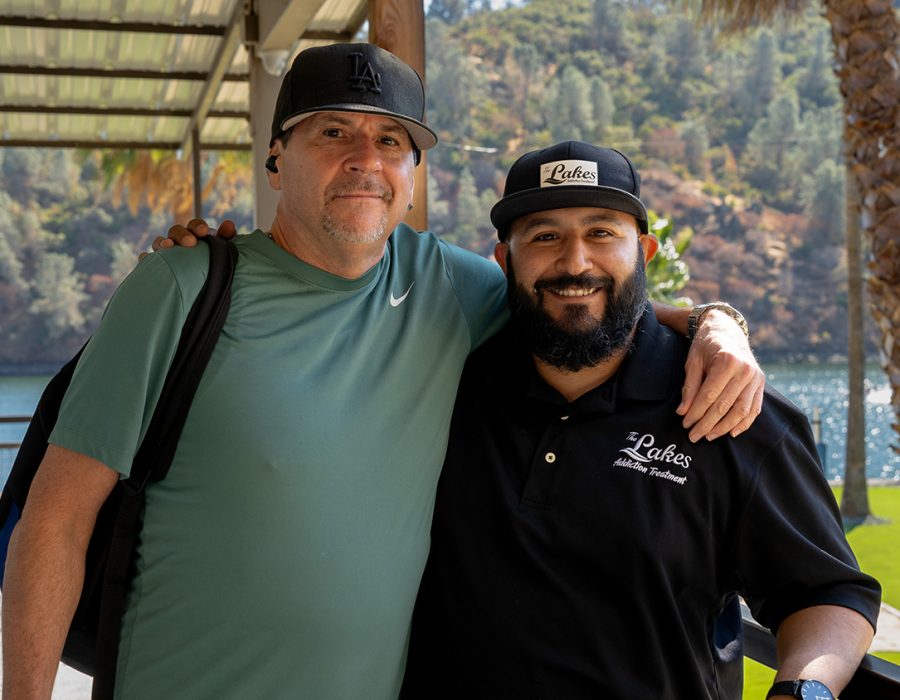
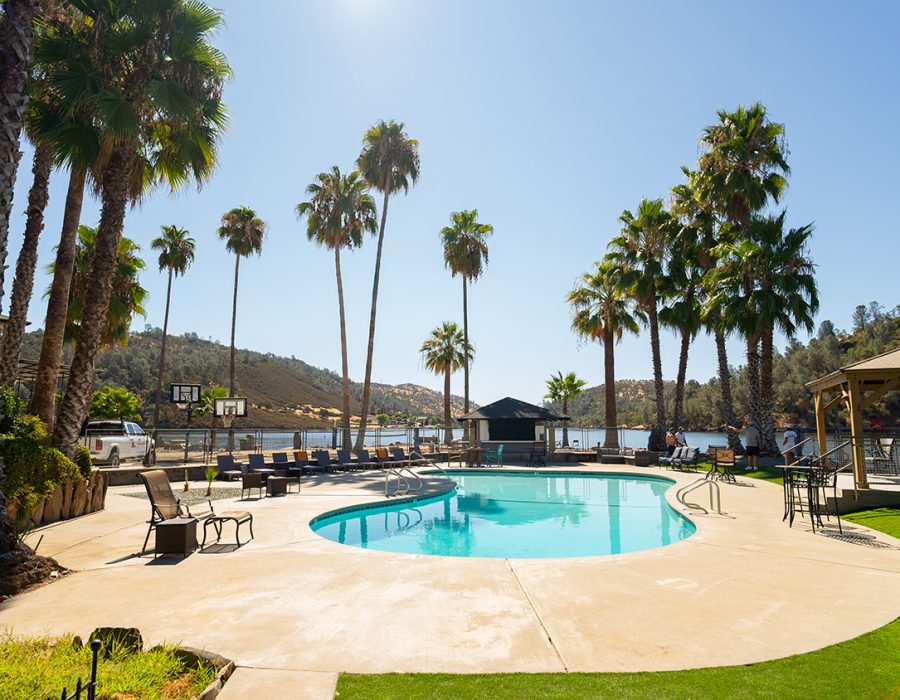

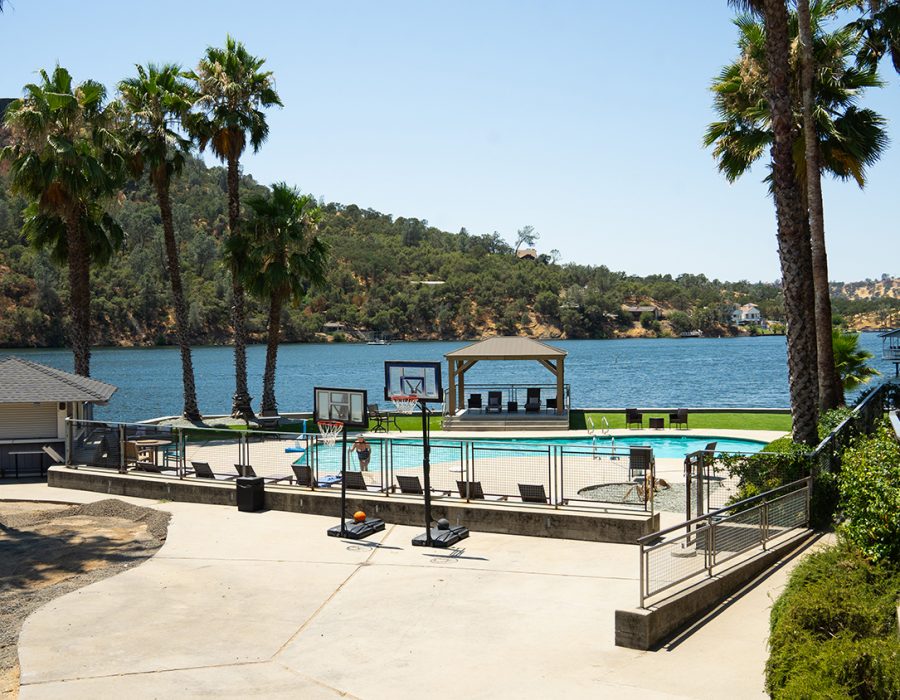
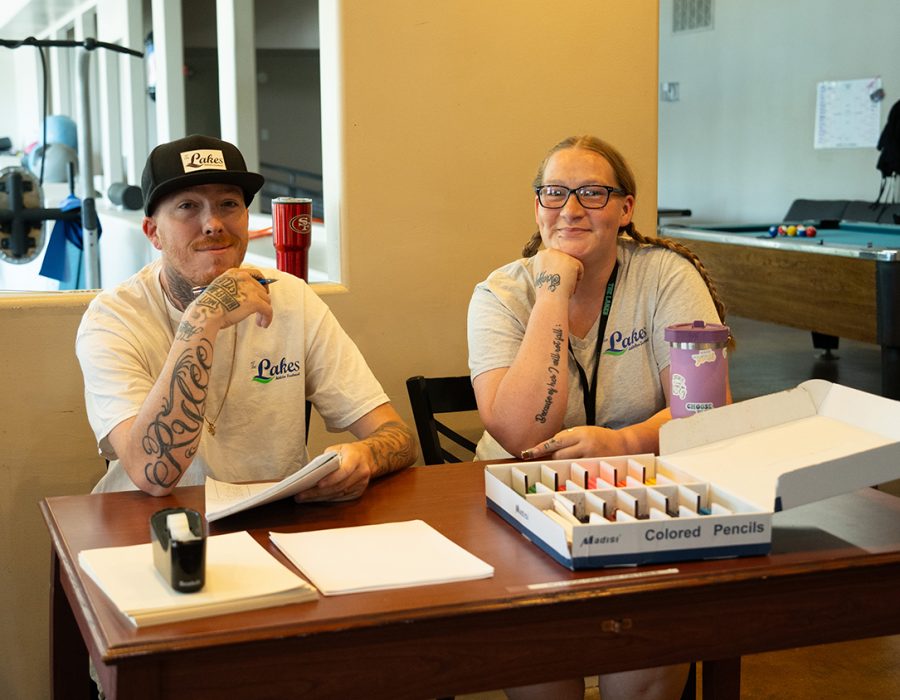


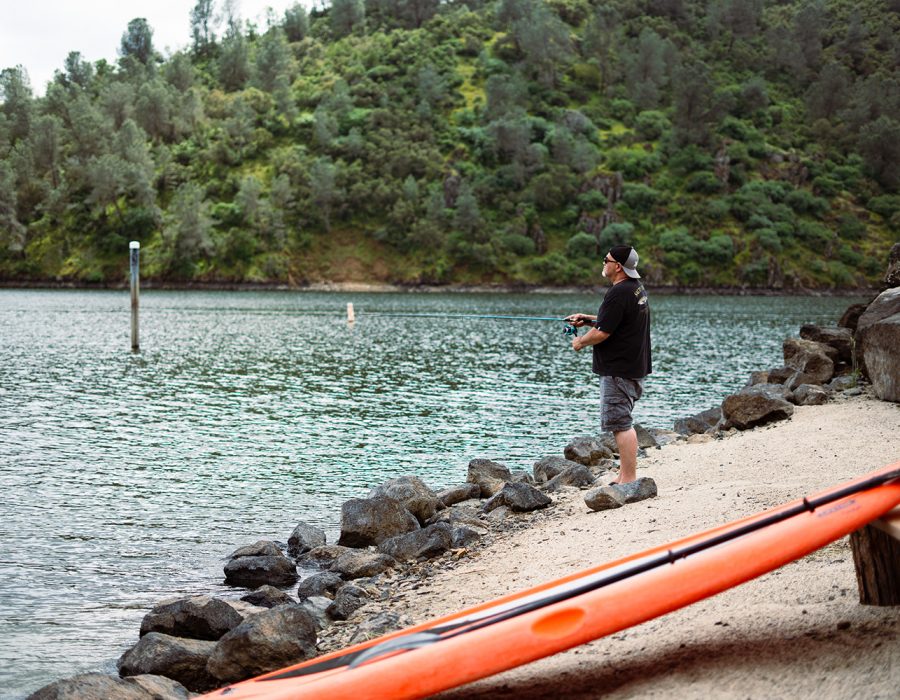
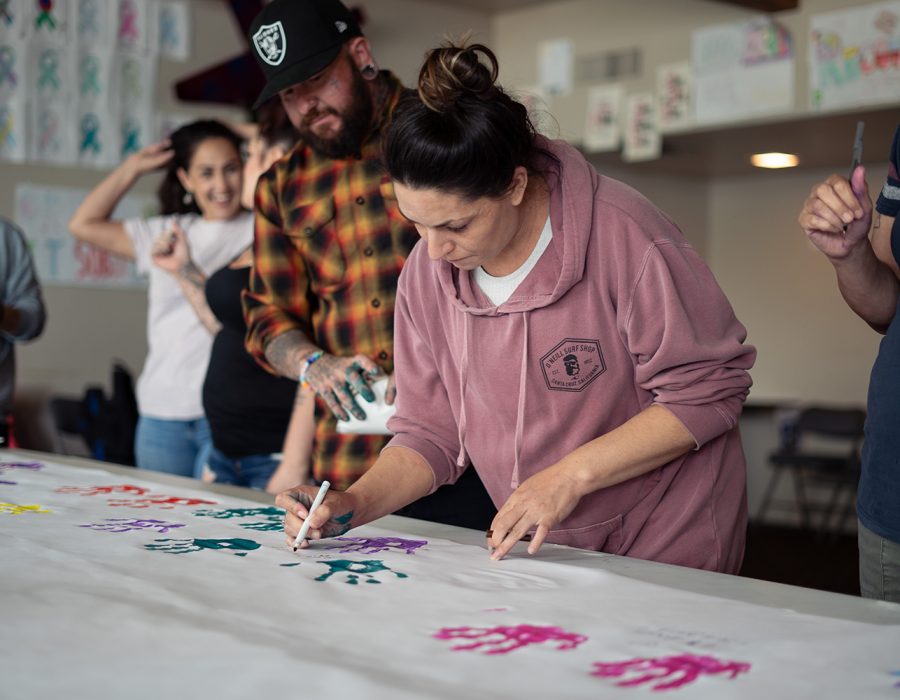
At The Lakes Treatment Center, dual diagnosis care focuses on long term recovery for both mental health and substance use. You receive one coordinated plan for addiction and co occurring conditions such as depression, anxiety, PTSD, bipolar disorder, and trauma related symptoms. Our Modesto area residential program on Lake Tulloch provides 24/7 support from an experienced team in a safe, welcoming environment.
The Lakes Treatment Center holds licensing from the California Department of Health Care Services to treat substance use and co occurring mental or behavioral health disorders in the same setting. This allows our team to manage withdrawal support, medication management, and therapy for mood, anxiety, and trauma while you stay in one place. We also hold accreditation from The Joint Commission, a trusted national healthcare accreditor, so medical and clinical providers deliver care directly on site. You avoid outside appointments and receive consistent support from one integrated care team focused on long term recovery and relapse prevention.
Unlike treatments of the past, dual diagnosis treatment allows an individual to get help for both a substance use disorder and a mental or behavioral health condition at the same time. This is critical, as the two disorders generally affect and heighten one another. Without treatment for one, a person can find it extremely difficult and nearly impossible to recover from the other. Dual diagnosis treatment improves the chance of successful recovery and long-term sobriety for those struggling to manage addiction and mental health.
Generally speaking, dual diagnosis treatment seeks to address underlying trauma and mental illness to equip individuals with the tools they need to make critical lifestyle changes, increase mindfulness, develop important life skills, prevent relapse, and achieve long-term sobriety. This might include a combination of individual and group therapy—including cognitive behavioral therapy and other proven methods—detox, group meetings, medications, trauma-based therapy, religious services, mindfulness practices, and recreational activities.
At The Lakes Treatment Center, we tailor our dual diagnosis treatments to meet the unique needs of each individual client. At our residential facility, we provide clients with the 24-hour care and support they need as they navigate the ongoing recovery process.
If you are struggling with addiction and suspect you might also have a mental health condition, here are some signs:
The length of treatment varies depending on individual needs. We offer short-term programs and longer-term comprehensive programs tailored to your specific situation.
At The Lakes Treatment Center, we believe everyone deserves a chance at healing and a life free from addiction. If you are ready to begin your journey towards lasting recovery, contact us today for a free and confidential consultation. Our compassionate team is here to guide you every step of the way.
Yes – The Lakes Treatment Center is licensed by the California Department of Health Care Services to treat substance misuse and co-occurring disorders, and we are accredited by The Joint Commission.